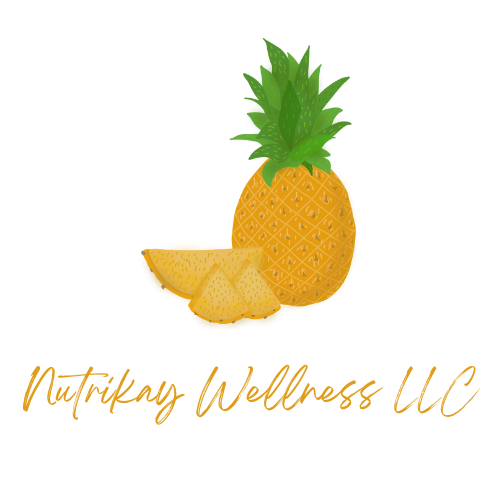What Are Inflammatory Oils?
Recently, there has been a lot of buzz surrounding inflammatory oils (canola or rapeseed, corn, soybean, sunflower, safflower, grapeseed, ricebran, peanut, palm). For the longest time, butter was deemed a food to avoid and was replaced by various vegetable/seed oils in an effort to reduce saturated fat and cholesterol. Nowadays, the roles seem to have been reversed. But why?
Recent studies have taken a deeper dive into how these vegetable and seed oils effect our health. Many are hypothesizing that the intake of seed and vegetable oils can increase inflammation in the body, hence the nickname “inflammatory oils”. According to a research article by Kevin L. Fritsche, the theory is that “large amounts of LA will prompt excessive formation of arachidonic acid (AA) and subsequent synthesis of pro-inflammatory eicosanoids (e.g., prostaglandin E2 (PGE2), leukotriene B4 (LTB4) and thromboxane A4 (TXA2).6–10 Elevated pro-inflammatory eicosanoid generation could drive up other biomarkers of inflammation (e.g., interleukin-6 (IL-6), tumor necrosis factor-α (TNF-α), C-reactive protein (CRP)) that are associated with increased incidence of cardiovascular disease (CVD), cancer and other chronic diseases” (Fritsche, 2014). The article mentions in other studies how some of the evidence showed no connection between these inflammatory markers and vegetable/seed oils. It is discussed in the end of the article that there is not enough research to say for certain whether or not the oils are “good” or “bad” for you.
In this whole debate there are a few other factors to consider to help you better conclude whether you would like to include these oils in your diet or not. The first important factor to consider is that many of these oils are used in ultra-process foods. So if you are consuming these oils from a processed item, odds are you are also consuming the sugar, sodium and additives that could be contributing to the inflammation as well. Another factor to note is that many seed oils are high in omega-6 fatty acids that contribute to chronic inflammation which leads to chronic disease. These oils also go through a lot of processing themselves that can include bleaching and deodorizing which, according to a Cleveland Clinic article, [the] “end result is oils with no real health benefits and more than a few health risks” (2023).
In my opinion, the switch to more natural foods in general with little to no processing will only benefit you in the end. It is definitely easier said than done, but trying to reduce your overall consumption of processed foods and in-turn your consumption of these oils will provide you with reduction in inflammation and will improve your gut health. Many individuals are finding that a switch to local dairy products (butter, ghee and tallow), olive oil and avocado oil works best for them and I would agree.
To learn more about ways to reduce processed foods in your diet and find substitutions you will love, book a session with me by emailing nutrikaywellness@gmail.com !
Sources
Cleveland Clinic. (2023, November 27). Seed oils: Are they truly toxic? https://health.clevelandclinic.org/seed-oils-are-they-actually-toxic
Fritsche KL. Linoleic acid, vegetable oils & inflammation. Mo Med. 2014 Jan-Feb;111(1):41-3. PMID: 24645297; PMCID: PMC6179509.
